As the UK's Labour government continues to implement tax hikes, a growing number of ultra-wealthy individuals are making a hasty exit from the country. The nation's business secretary has expressed concerns that billionaires, entrepreneurs, and even doctors are fleeing in search of more favorable tax climates. But one CEO is urging them to stay put, citing a sense of social responsibility to invest in their home country.
Martin Ott, the CEO of Taxfix, a Berlin-based tax app valued at over $1 billion, has seen firsthand the impact of tax changes on his UK-based clients. While some of his wealthy clients are indeed considering a move abroad to save money, Ott is adamant that they should reconsider. "I always encourage people to stay where you are," he says. "You have a social responsibility to invest in your country."
Ott's stance is not just a matter of altruism. He believes that ultra-wealthy individuals have a unique opportunity to make a positive impact on their communities by investing in local businesses, charities, and infrastructure projects. By leaving the UK, they risk depriving their home country of much-needed investment and expertise.
The numbers tell a stark story. According to the Henley Private Wealth Migration Report 2025, a record 16,500 millionaires left the UK this year, taking with them an estimated £91.8 billion in wealth. This represents a 9% reduction in the UK's millionaire population over the last decade, with Brexit, political uncertainty, and tax changes all contributing to the exodus.
But Ott argues that leaving now is shortsighted. "If you move to a new country, you'll have to start from scratch," he says. "You'll have to build a new network, find new opportunities, and navigate a new tax system. It's a lot of hassle and expense, and it's not worth it just to save a few pounds on taxes."
Ott's views are supported by research from the Henley report, which found that the majority of millionaires who left the UK in 2025 did so for reasons other than tax. "The top reasons for migration were lifestyle, family, and career opportunities," the report states. "Tax was a secondary consideration for many."
So what does this mean for the UK's economy? The loss of ultra-wealthy individuals is a significant blow, as they tend to invest in local businesses, create jobs, and contribute to the tax base. According to a study by the Centre for Policy Studies, every £1 million in wealth that leaves the UK costs the country around £200,000 in tax revenue.
But Ott remains optimistic about the UK's prospects. "The UK has a lot to offer," he says. "It's a great place to live, work, and invest. And with the right tax policies in place, I believe that ultra-wealthy individuals will continue to see the UK as a attractive destination."
As the UK's government continues to grapple with the challenges of taxation and economic growth, Ott's words offer a timely reminder of the importance of investing in the country's most valuable asset: its people. By encouraging ultra-wealthy individuals to stay and invest, the UK can build a more prosperous and sustainable future for all.
In the end, it's not just about the money. It's about the social responsibility that comes with wealth. As Ott puts it, "You have a duty to give back to your community, to invest in the things that matter most. That's what being a responsible member of society is all about."






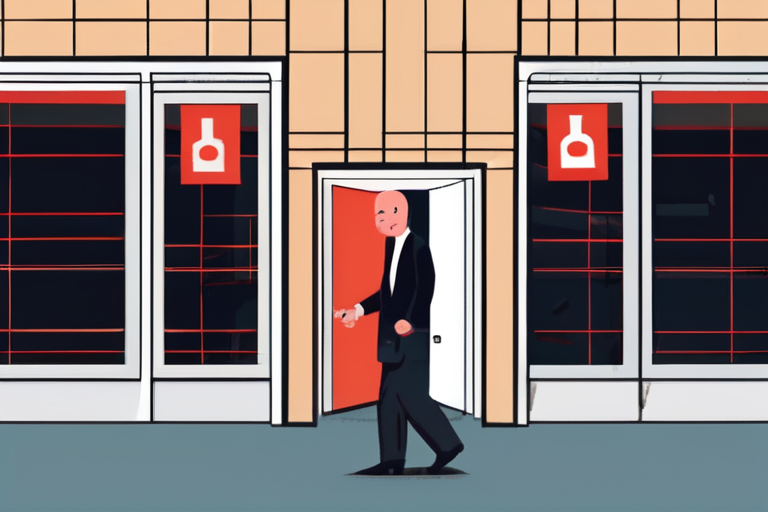

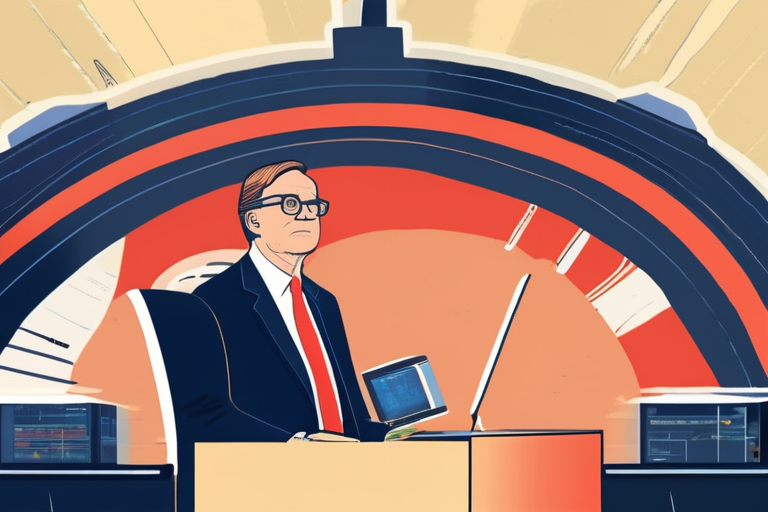

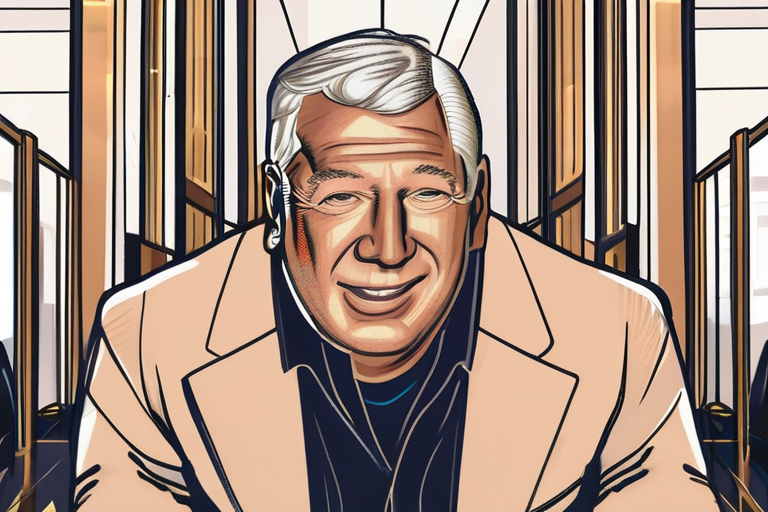













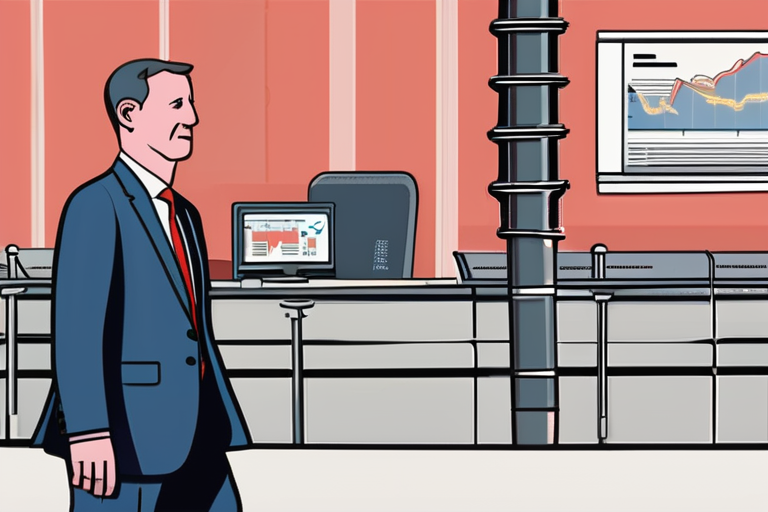

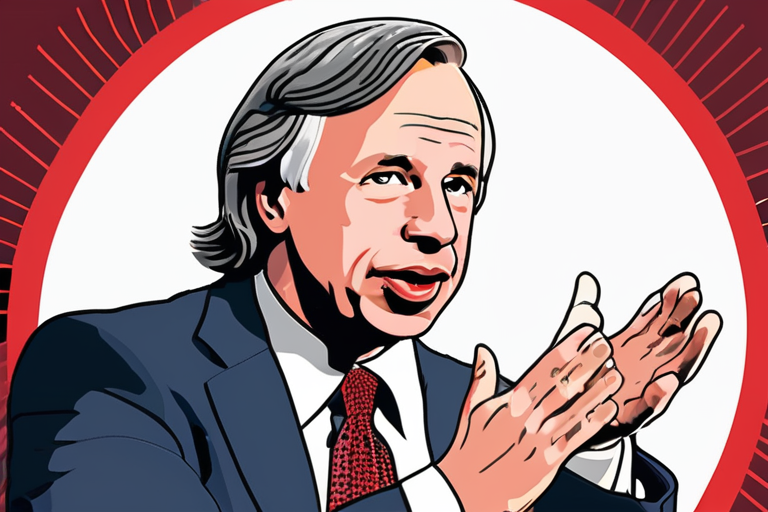
Share & Engage Share
Share this article